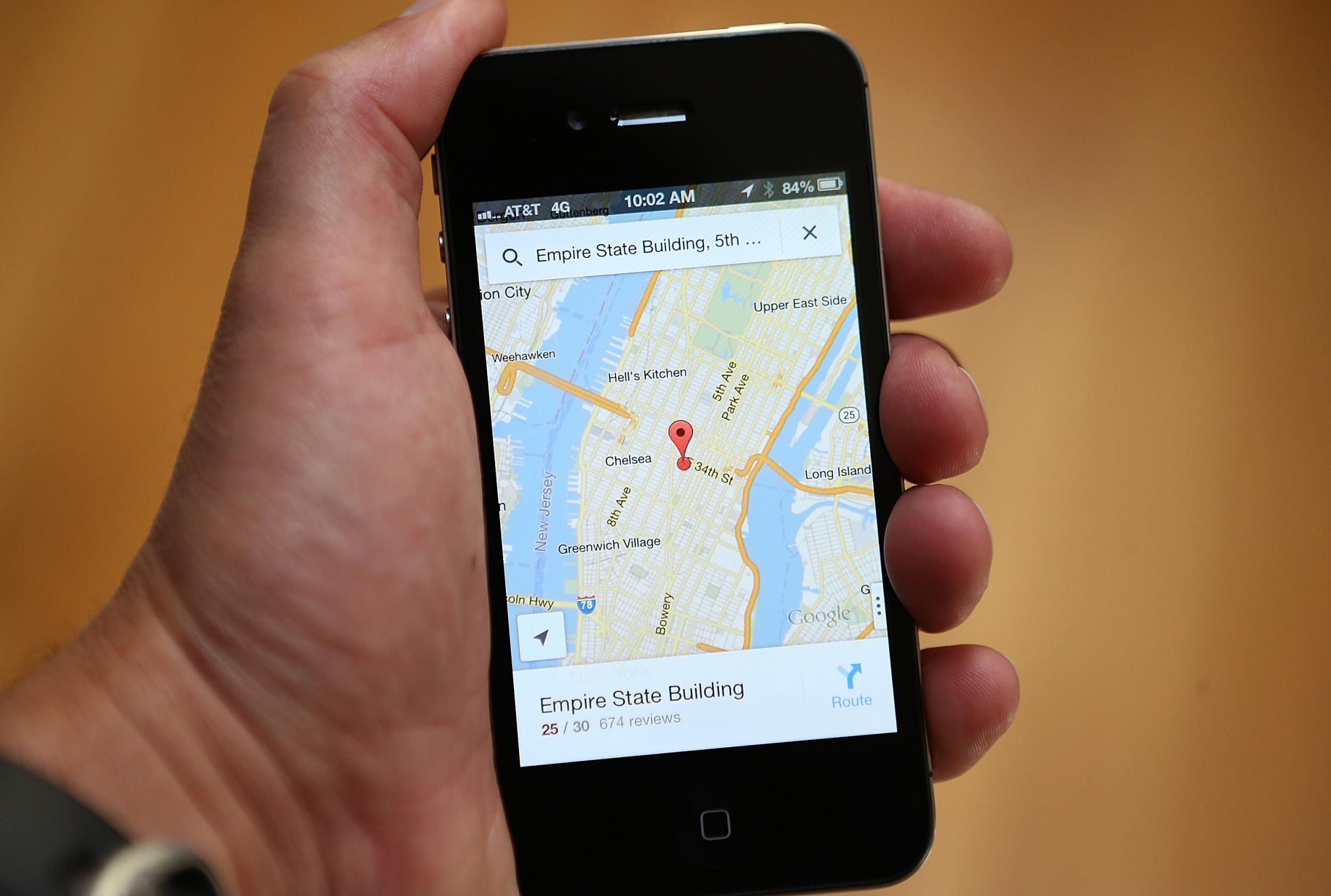Japanese researchers find a way to tell what happens in our brains when we get directions wrong
The scientists were able to decode test participants' journeys through a maze by analysing MRI results

Japanese researchers have discovered a way to reconstruct what we see in our minds when we navigate roads or city streets - and also managed to explain why we sometimes get directions wrong.
The team from Japan's Kyoto University said that when we take a memorised path to somewhere, we "forsee" the upcoming landscapes in advance.
As reported by Eurekalert, the scientists tried to determine whether people's preconceptions of a certain route could be visualised through brain activity - essentially reading participant's minds as they navigated.
To find out, the participants were led through a virtual maze and asked to memorise the directions and route they should follow.
After learning the way, they were asked to make their own way through the maze, choosing the next turn from two options.
While they were navigating solo, they were placed in a functional magnetic resonance imaging (fMRI) machine, and their brain activity was analysed.
After these tests, the team were able to link certain instances of brain activity with different turns made in the maze.
Ultimately, they could reconstruct what the participants were visualising in their minds as they made their way through, simply by looking at the results produced by the fMRI machine.
They also found out what happened when people took the wrong turn - discovering that the participants' brain activity reflected their expectations of the correct route even when they were wrong, suggesting that subjective belief could override the objectively correct way to make it through the maze. This possibly explains why some people get so stubborn when taking a wrong turn during a journey.
Yumi Shikauchi and Shin Ishii, the authors of the study, told Eurekalert they hope their study will help in the development of future communication tolls that make use of brain activity.
Through being able to decipher simple directions from analysing brain signals, they hope that new types of tool that can convey this kind of information between people could be developed.
In the more immediate future, however, they intend to develop ways to decipher more complex actions and problems than simple virtual mazes.
Join our commenting forum
Join thought-provoking conversations, follow other Independent readers and see their replies
Comments